
Denver Bans the Sale of Dogs, Cats, and Rabbits, Paving the Way for More Shelter Adoptions
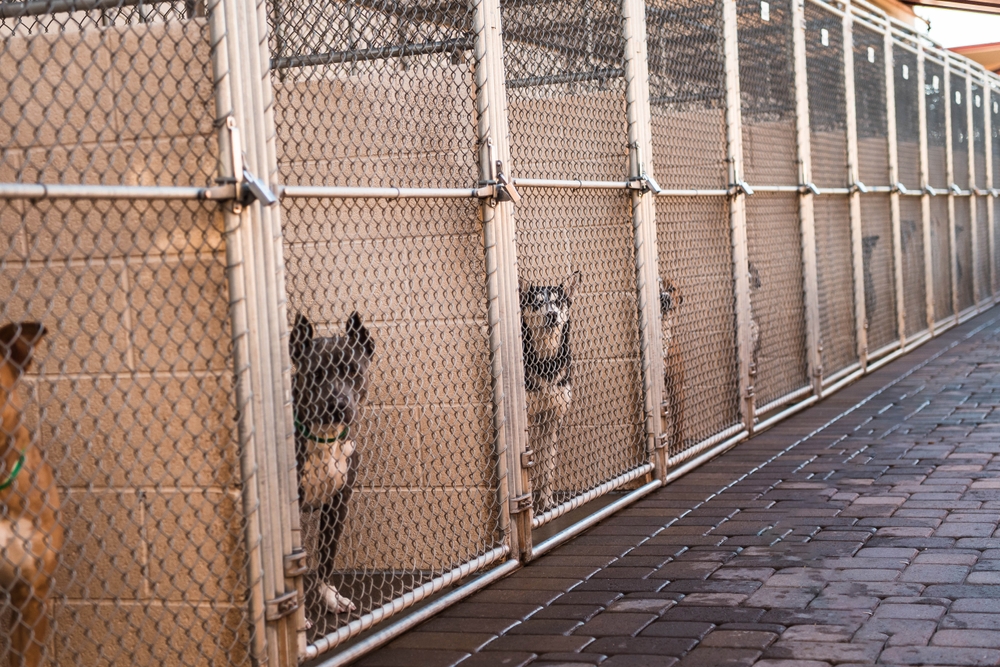
Denver’s Bold Step Toward Compassion: A Landmark Ban on Retail Pet Sales
In a defining moment for animal welfare and civic ethics, the Denver City Council has taken a bold and compassionate leap forward. On September 15, council members voted to approve an ordinance that would ban the retail sale of dogs, cats, and rabbits within the city. The measure now awaits Mayor Mike Johnston’s signature—a formality that, while procedural, has already ignited a wave of discussion and admiration well beyond Colorado’s borders.
Supporters hail the vote as a landmark decision that cements Denver’s reputation as a forward-thinking city—one that values empathy, responsibility, and the moral dimension of community life. While no pet stores in Denver currently sell these animals, the ordinance carries profound symbolic and preventive power. It ensures the city will never become a refuge for large-scale breeding operations that treat living beings as commodities. For many advocates, the vote is more than a legal action; it is a statement of conscience: that compassion should anchor policy, even in anticipation of future harm.
A Preventive Law That Looks Ahead
Unlike most regulations that arise in response to public scandal or tragedy, Denver’s ordinance is proactive. It was designed not to fix a current problem but to forestall one. The Metro Denver Animal Welfare Alliance—an umbrella group that includes the Denver Animal Shelter, Humane Colorado, and over twenty local rescue organizations—has long emphasized prevention as the cornerstone of humane governance. Their philosophy is simple yet profound: stop cruelty before it begins.
A representative from Humane Colorado described the measure as a “moral firewall” against future exploitation. By removing the retail marketplace that sustains commercial breeding facilities, the city dismantles one of the main economic incentives that allow animal cruelty to flourish. It is not just about banning pet sales—it’s about shifting the financial architecture that supports unethical breeding practices. Denver’s message is clear: the well-being of animals cannot be left at the mercy of profit margins.
The Hidden Suffering Behind “Puppy Mills”
To grasp the true weight of this decision, one must confront the grim reality behind the term “puppy mill.” These large-scale breeding operations are often characterized by overcrowded cages, unsanitary conditions, and relentless reproductive cycles that leave animals physically and emotionally broken. The American Society for the Prevention of Cruelty to Animals (ASPCA) describes them as “factories of misery,” where dogs are deprived of social interaction, veterinary care, and even basic comfort.
The Humane Society of the United States estimates that approximately 10,000 puppy mills currently operate nationwide, with fewer than one-third regulated by federal authorities. This means the majority function in secrecy, far from inspection or accountability. Puppies from these mills are often sold to pet stores or online, where unsuspecting buyers, moved by adorable faces, inadvertently finance an industry built on neglect.
Denver’s ordinance interrupts this vicious cycle. By banning retail sales, the city is striking at the supply chain’s foundation—removing a key market for animals bred under inhumane conditions. In doing so, it transforms moral outrage into tangible action.
A Nationwide Movement for Humane Pet Laws
Denver’s initiative is part of a growing national trend. Across the United States, more than 400 municipalities—including major cities like Los Angeles, Boston, and Chicago—have implemented similar bans. These communities are proving that local governments can play a pivotal role in reshaping consumer habits and promoting ethical pet ownership.
Many of these cities have adopted a “rescue partnership” model, where pet stores collaborate with shelters and rescue groups to host adoption events. This approach allows businesses to remain active and profitable while promoting compassion over commerce.
California set the precedent in 2017 as the first state to mandate that all pet stores sell only animals sourced from shelters or rescues. Maryland, Illinois, New York, and several others have since followed. Denver’s vote thus joins a rising tide—a collective awakening to the moral cost of industrialized breeding and a renewed commitment to the principle that every animal deserves a humane life.
The Shelter Crisis: A Tragedy of Numbers
Behind the fight against puppy mills lies a parallel crisis—the overwhelming burden on animal shelters. Each year, approximately 6.3 million dogs and cats enter shelters in the United States. According to the American Veterinary Medical Association, nearly one million of them never make it out.
The heartbreak is compounded by the fact that many of these animals are healthy and adoptable. When consumers choose to buy instead of adopt, the result is not just economic—it’s existential. Each purchase represents a life lost, a shelter animal who might otherwise have found a home.
Denver’s ordinance therefore serves a dual purpose: to curb future cruelty and to redirect compassion. It reminds citizens that adoption is not merely an act of charity but an act of justice—an acknowledgment of our shared responsibility toward living beings who depend entirely on human kindness.
A Cultural Shift in How We See Our Pets
Beyond its legal implications, the new ordinance reflects a cultural and emotional evolution. Increasingly, society recognizes animals not as property but as companions—sentient beings with emotions, intelligence, and intrinsic worth. Social media has amplified this transformation, turning rescue stories into viral testaments to empathy.
Research supports the trend. A 2023 study in Frontiers in Veterinary Science found that people who adopt rescue animals report higher levels of life satisfaction, empathy, and emotional resilience than those who purchase pets from breeders. The bond formed through rescue often mirrors the human capacity for healing—mutual, transformative, and deeply rewarding.
By aligning its policies with this broader cultural shift, Denver has affirmed that animal welfare is not a fringe issue—it’s a reflection of societal maturity.
What Comes Next: Balancing Morality and Practicality
Mayor Mike Johnston is expected to sign the ordinance into law, but the conversation it has inspired will continue to unfold. Critics argue that such bans may inadvertently push buyers toward unregulated online markets or disadvantage small, ethical breeders. Advocates counter that these concerns can be mitigated through strong enforcement, public education, and transparent partnerships between government agencies and rescue networks.
What Denver has shown, perhaps more than anything, is that cities can legislate with heart. Compassion and practicality need not be opposing forces—they can coexist, reinforcing one another in the pursuit of a kinder society.
Reflection: Toward a Kinder Future
Denver’s ordinance is more than a municipal policy; it’s a statement of values—a moral compass pointing toward a future where empathy is woven into the fabric of governance. It asks citizens to see their everyday decisions through a wider ethical lens: where they adopt, what they support, and how they define community.
Adoption saves lives. Education prevents suffering. Advocacy sustains change. These are not abstract ideals but tangible actions that shape the moral texture of a city.
As Denver awaits the mayor’s signature, the outcome seems almost secondary. The city has already declared what kind of place it wants to be—one where compassion isn’t confined to words on a page but lives in policy, practice, and the daily choices of its people.
News in the same category


7 Clever DIY Uses for Used Teabags That Will Make You Think Twice Before Tossing Them
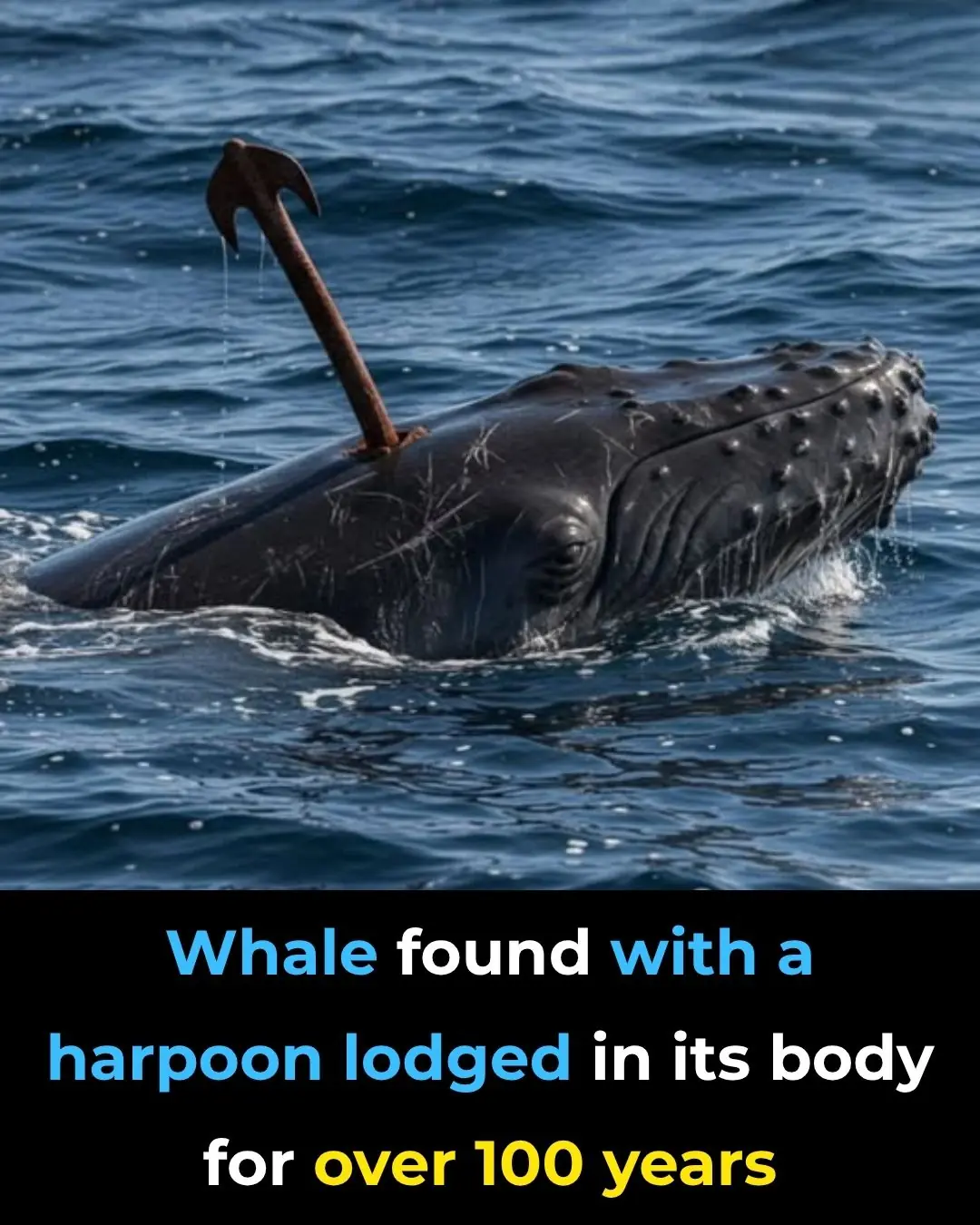
The Whale That Carried History In Its Neck For Over 100 Years

If you rub these 2 points behind your knees, this is the effect on your body

Its true meaning you probably don't know

Steps to Take When Your Adult Children No Longer Show Respect

Never Throw Away These 4 Things at Their Funeral..
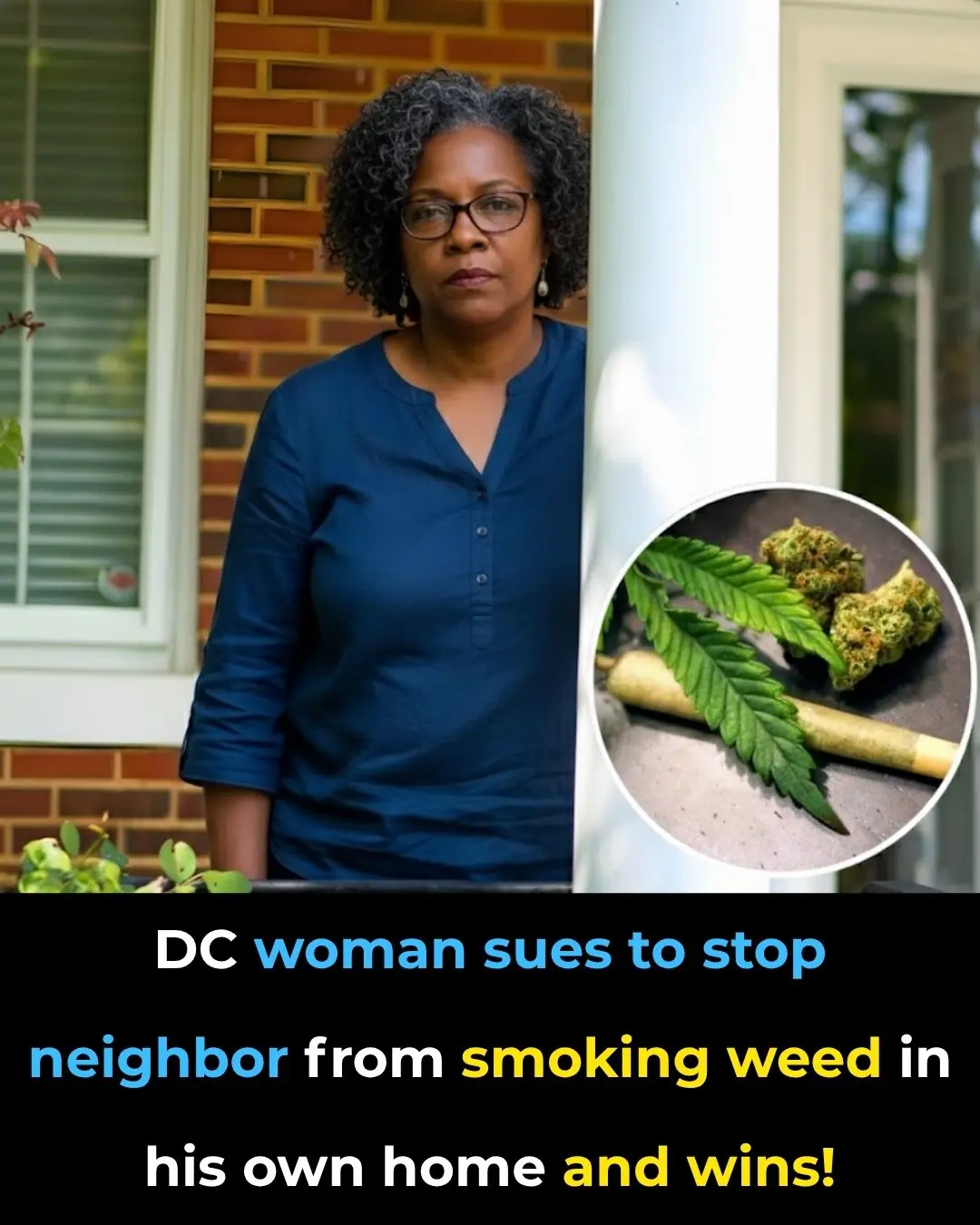
DC Woman Wins Landmark Case After Suing Neighbor Over Overpowering Weed Smell

Bill Gates–Backed Beyond Meat Faces Collapse After Massive Stock Drop

According To This Psychologist, A Dirty Car Can Reveal A Lot About Your Personality

Most drivers don't know the purpose of the car door hook

Most people don't know the meaning of wearing an ankle bracelet

What Clutter and Neglect Might Be Saying

Why the “Good Side” of Your Fence Should Face Your Neighbor

If a Man Doesn’t Appreciate You, Here’s What You Should Do

Baba Vanga’s List Of Predictions For The Next 75 Years Revealed And They’re Seriously Terrifying
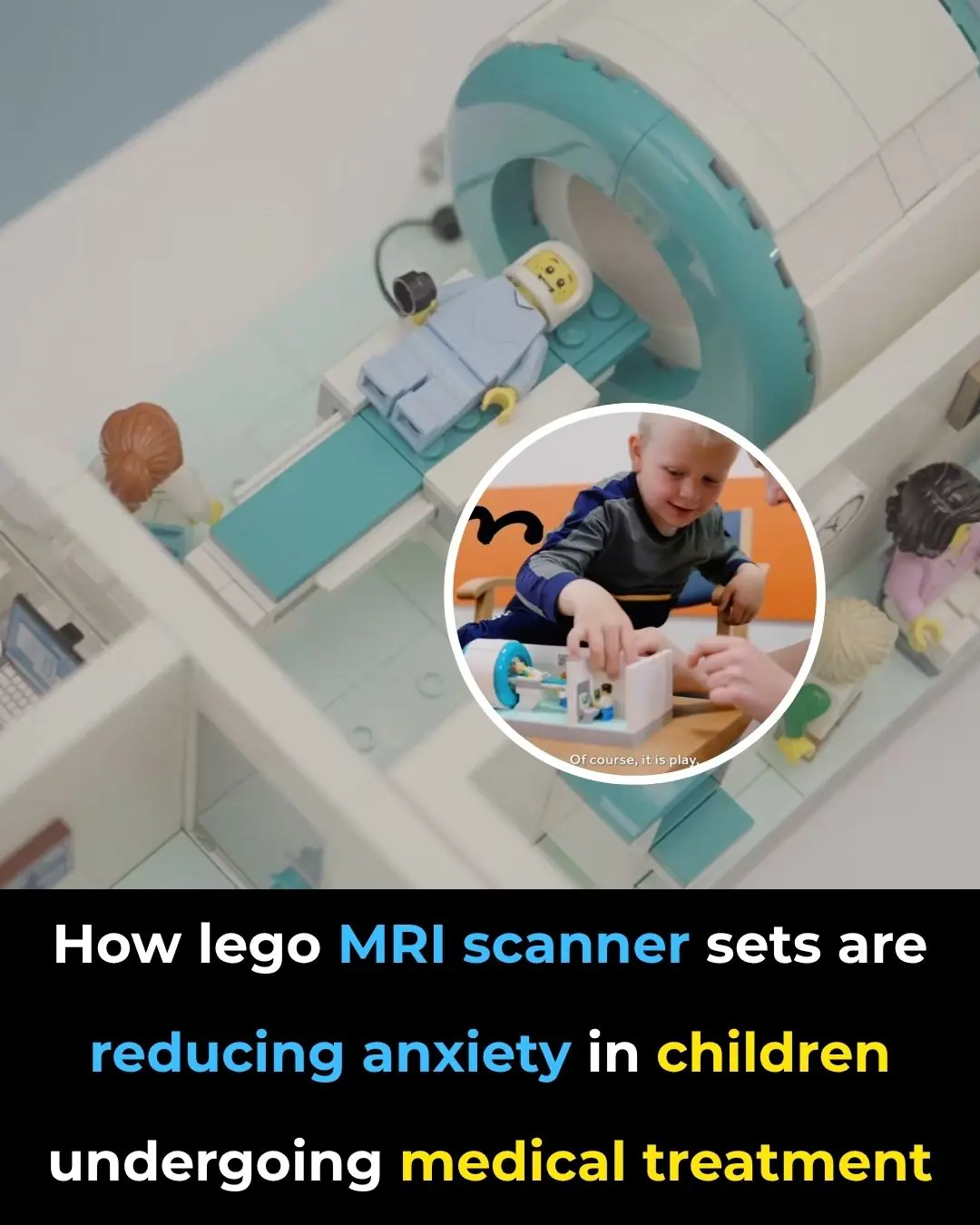
LEGO Builds Confidence in Young Patients Facing MRI Scans

Sweden Becomes the First Nation to Turn Travel Into Medicine — Doctors Can Now ‘Prescribe’ a Trip for Wellness

What Does It Mean When the Departed Visit Our Dreams?
News Post

“Hope Dies Last”: Parents Plead to Save Their 5-Year-Old Son With ALD

If the beans are cooked quickly, they will be soft and delicious in no time, saving gas/electricity.
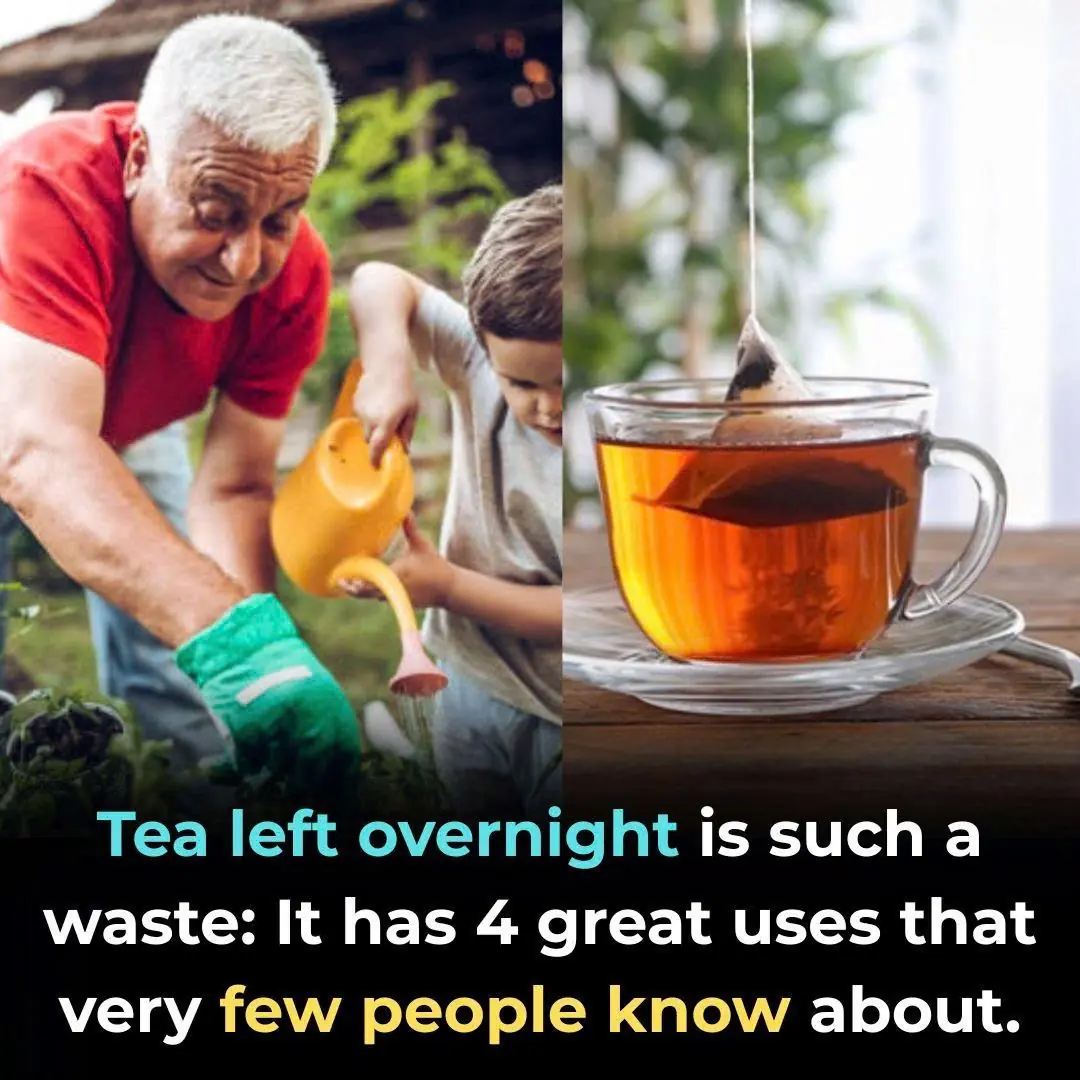
Tea left overnight is such a waste: It has 4 great uses that very few people know about.

Fighting for Melania: A Childhood Stolen by Pain

Banana flower – from pig food to Asia's number 1 delicacy: Revealing 2 simple ways to make it

Bathroom tiles are often moldy, dirty, and yellowed: Here are 5 cheap tips to help keep your bathroom tiles clean and shiny.

A Mother’s Prayer: Liza Scott’s Ongoing Fight for Answers

How Your Sleep Position Reveals If You’re Lazy

7 Clever DIY Uses for Used Teabags That Will Make You Think Twice Before Tossing Them

When an Elephant Found a Friend: The Story of Nelly and Rocky.
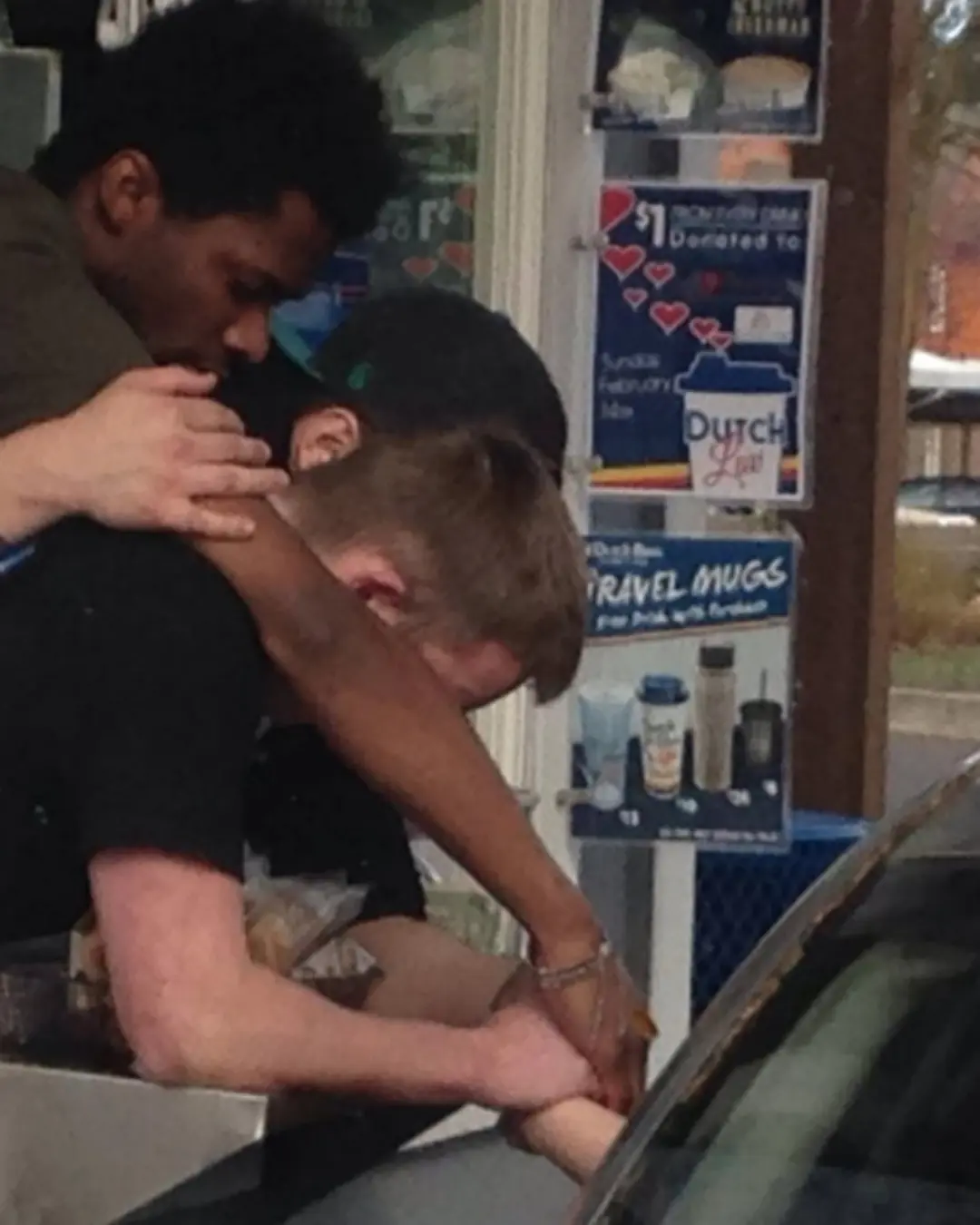
The Day Compassion Was Served Through a Coffee Window.

From Darkness to Growth — How a Garden Saved a Grandson’s Life.

Yarroway – the herb that can save the day

Devotion: The Lions Made of Love and Cardboard
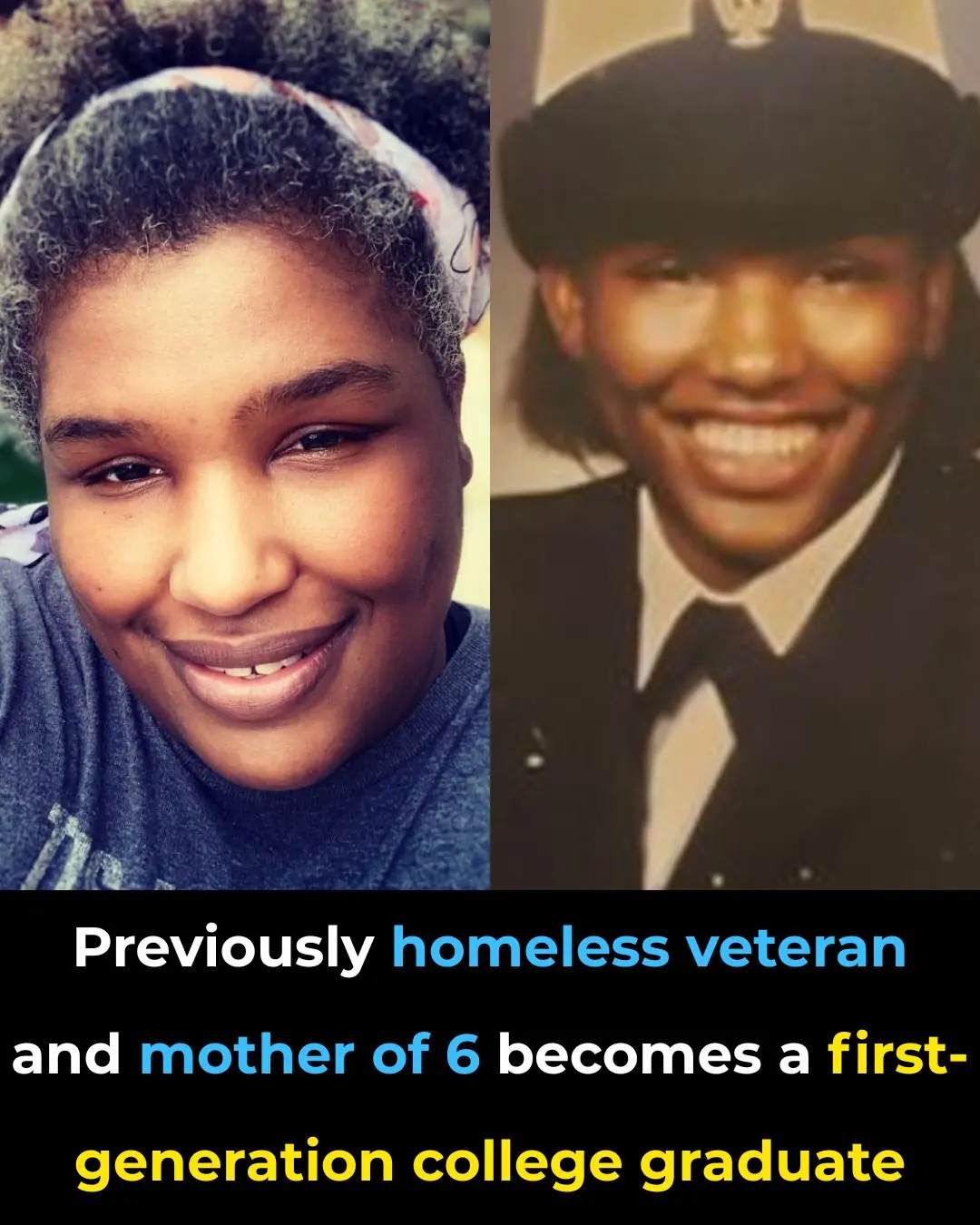
Previously Homeless Veteran and Mother of 6 Becomes A First-Generation College Graduate

Baileigh Sinaman-Daniel Makes NCAA History as First One-Armed Women’s Basketball Player to Score in a Game

The Teen Who Turned Watermelons into a Dream.

Lenana — The Lioness Who Refused to Give Up.
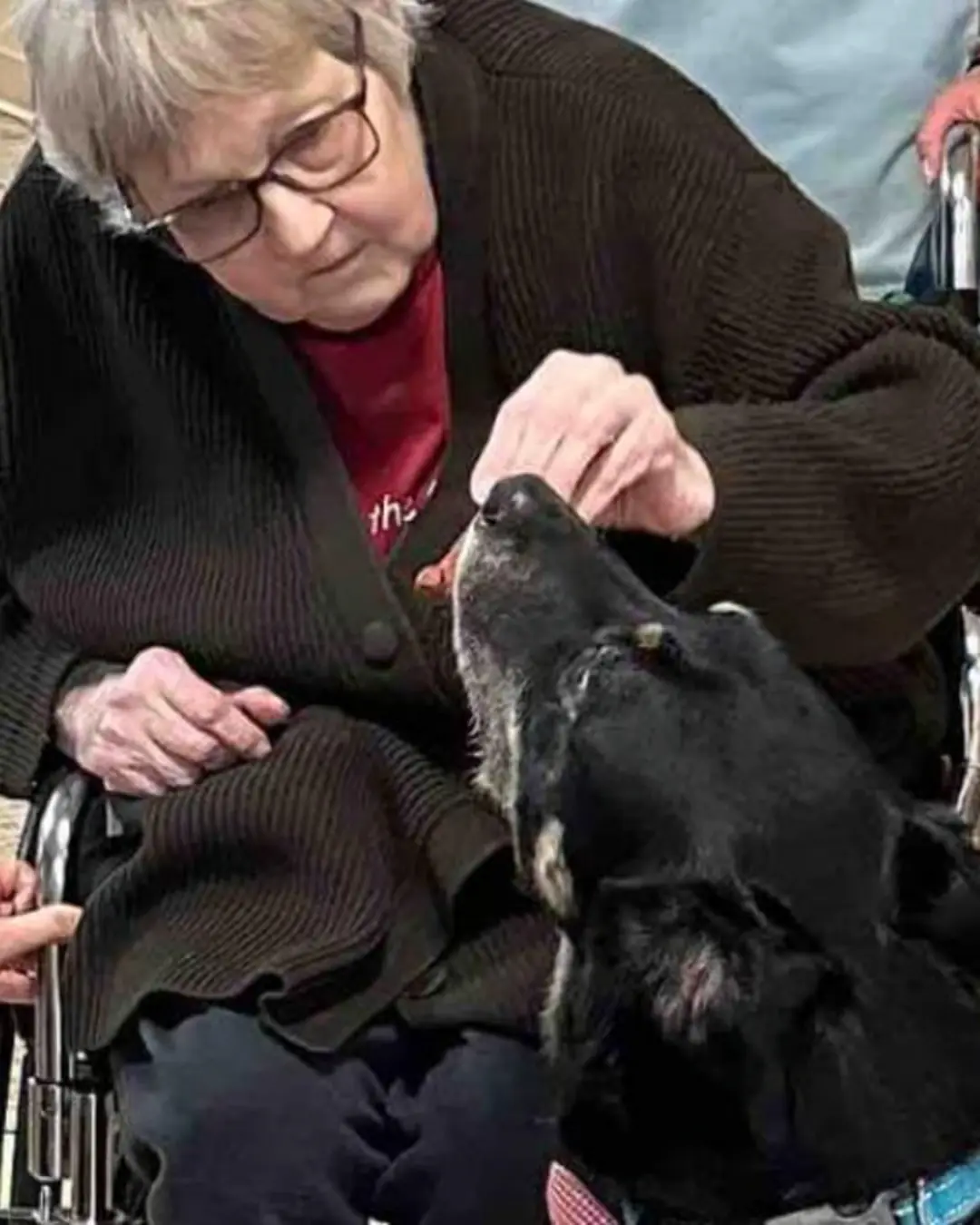
The Dog Who Chose Home: The Story of Scout.
